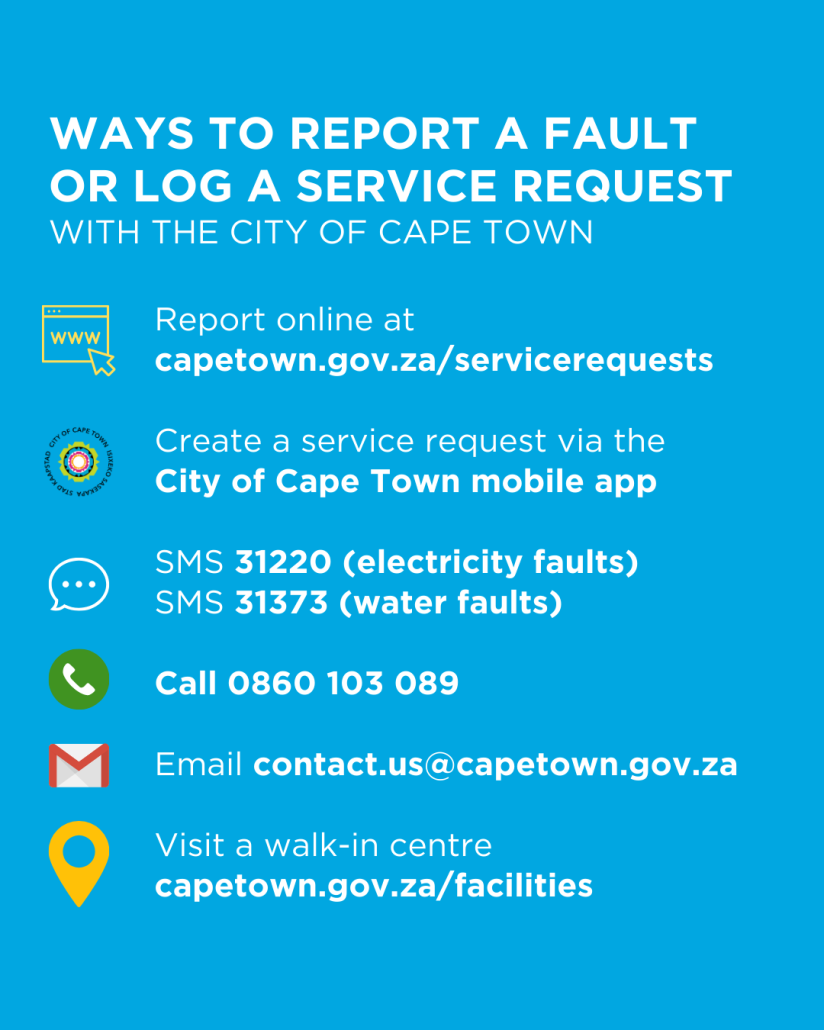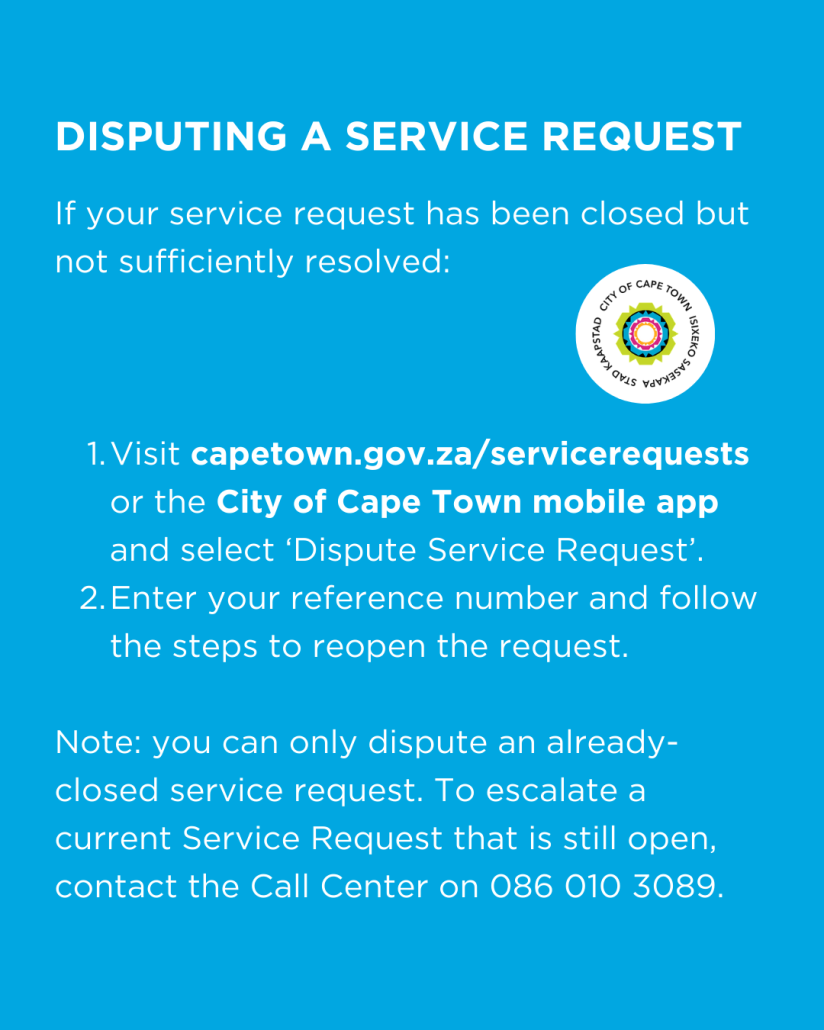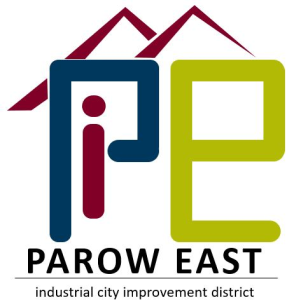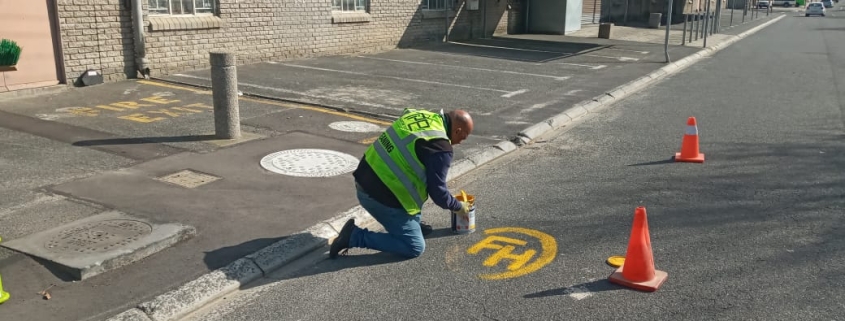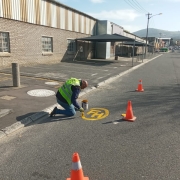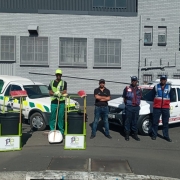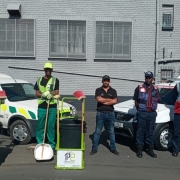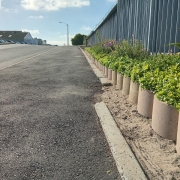AGM Save the Date & spring update from PEICID
This October, we hold our Annual General Meeting (AGM 2023) to review the year’s activities and begin our planning for 2024/25. We hope all our members can attend. Non-members still have time to register. The new City of Cape Town CID by-law and policy came into effect on 1 July and that is available to view online.
Our CID has undertaken several urban upgrade projects, including the establishment of the CCTV network over the last year and updating our roads with proper road markings to aid in regulating traffic and managing parking.
Lastly, the recent bout of storms and cold fronts experienced in the Cape have certainly added to the work of the CIDs, in particular in the way of road maintenance and fallen trees. We’d like to remind you at this time to assist us in providing effective service by logging a service request for any faults encountered.
Read more below.
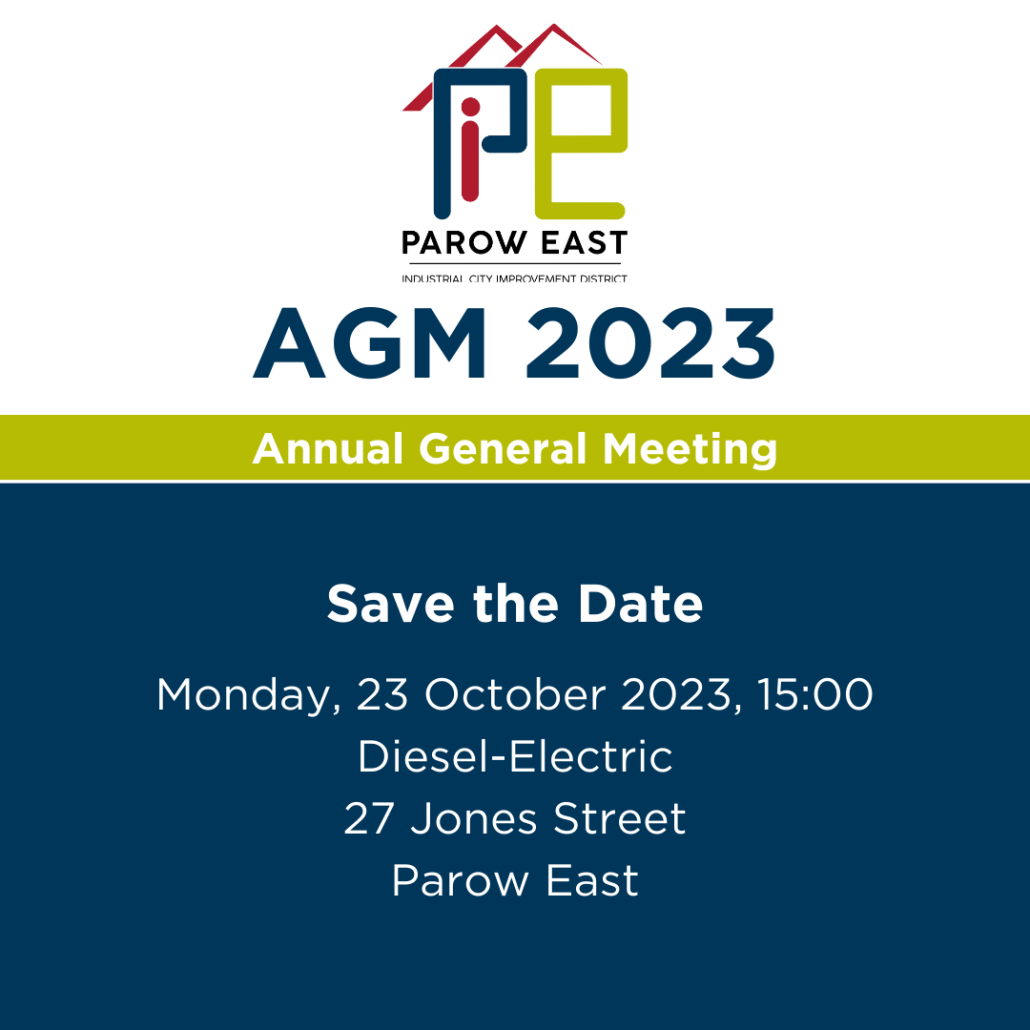
Our AGM is coming up
All stakeholders are invited to a review of the year’s activities and planning for 2024/25.
Resolutions presented at the AGM can only be voted for by bonafide members. All non-members wishing to take part must be registered before 12 October.
AGM Details
Monday, 23 October 2023, 15:00
Diesel-Electric, 27 Jones Street, Parow East
RSVP to info@peicid.co.za
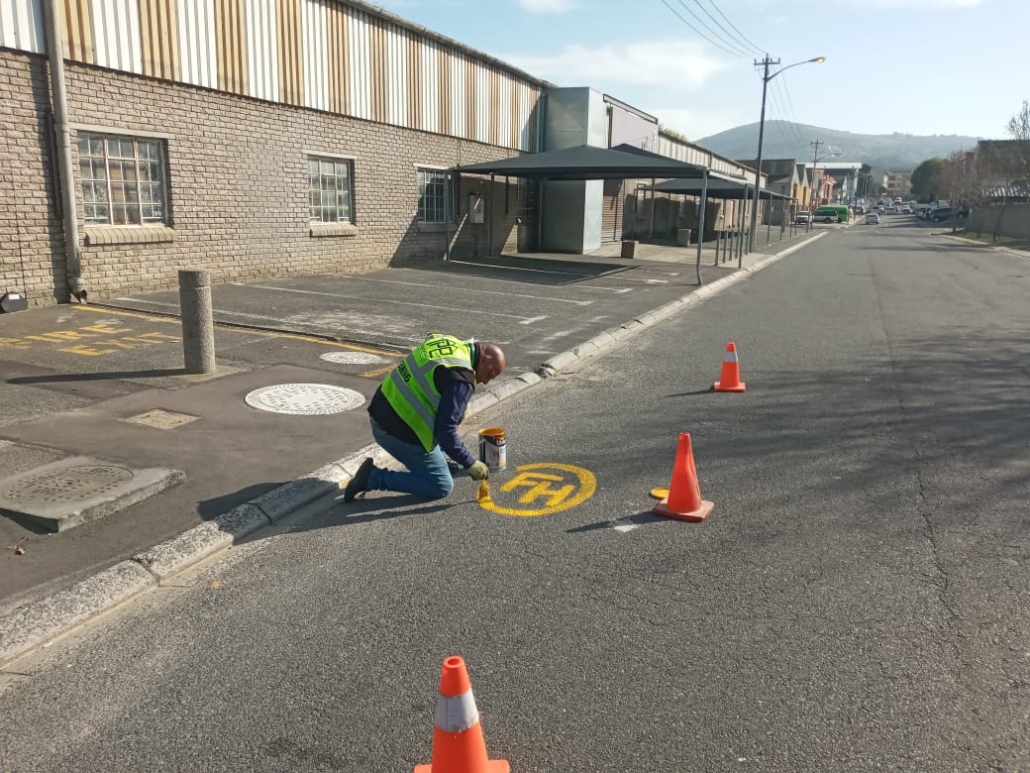
Road markings for Parow East
For any City Improvement District, it is important to maintain a well-managed area that includes proper road markings to regulate traffic and parking. This is all part of creating a well-managed area that is inviting to do business in, contributing to the long-term economic success of the business district.
Road markings are also important in order for Law Enforcement and Traffic services to be able to issue tickets and manage the proper enforcement of the rules of the road.
Our CID has recently added all the correct road markings to Duminy Street (above and bottom) and Railway Street (below) in the PEICID area.
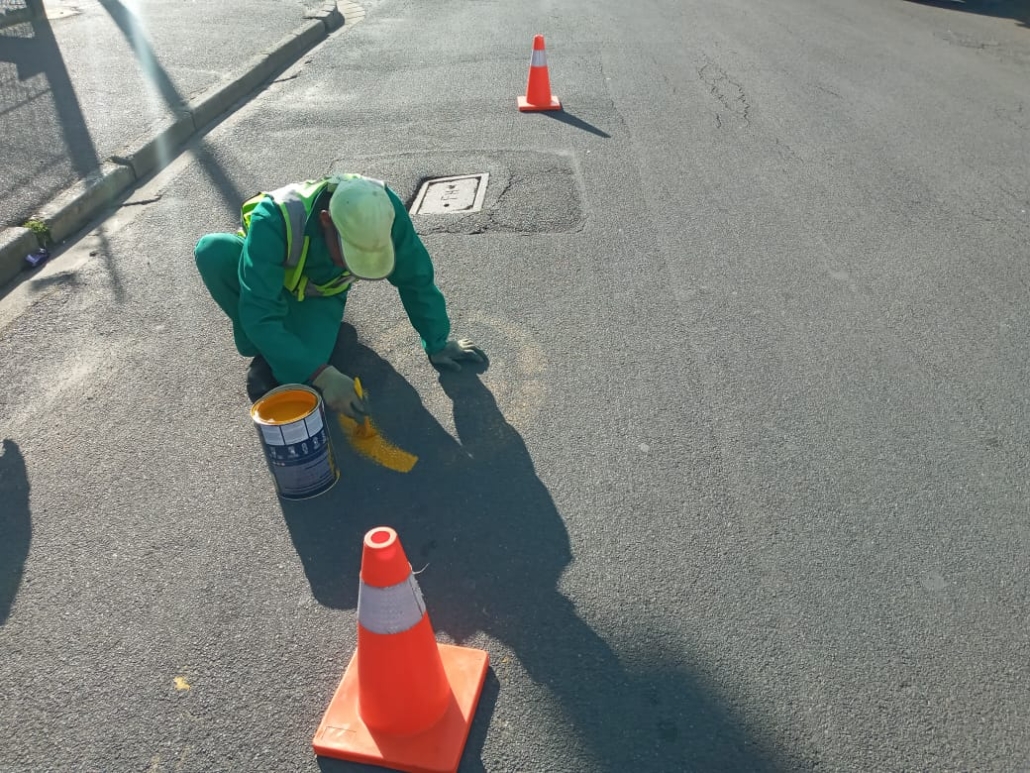
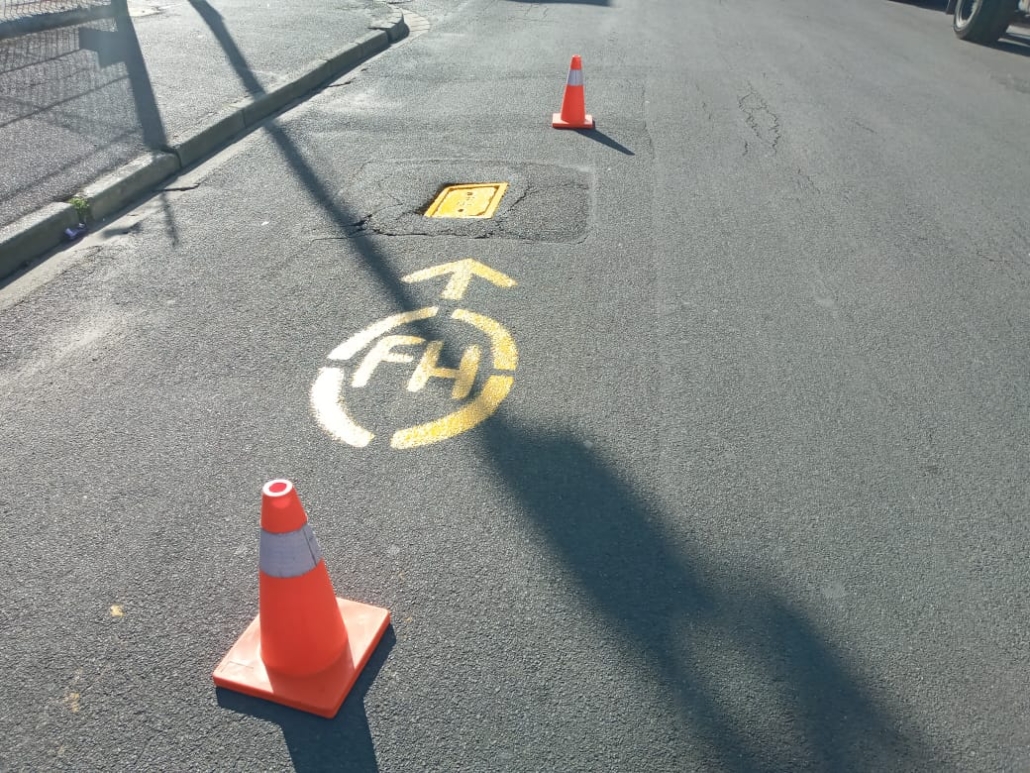
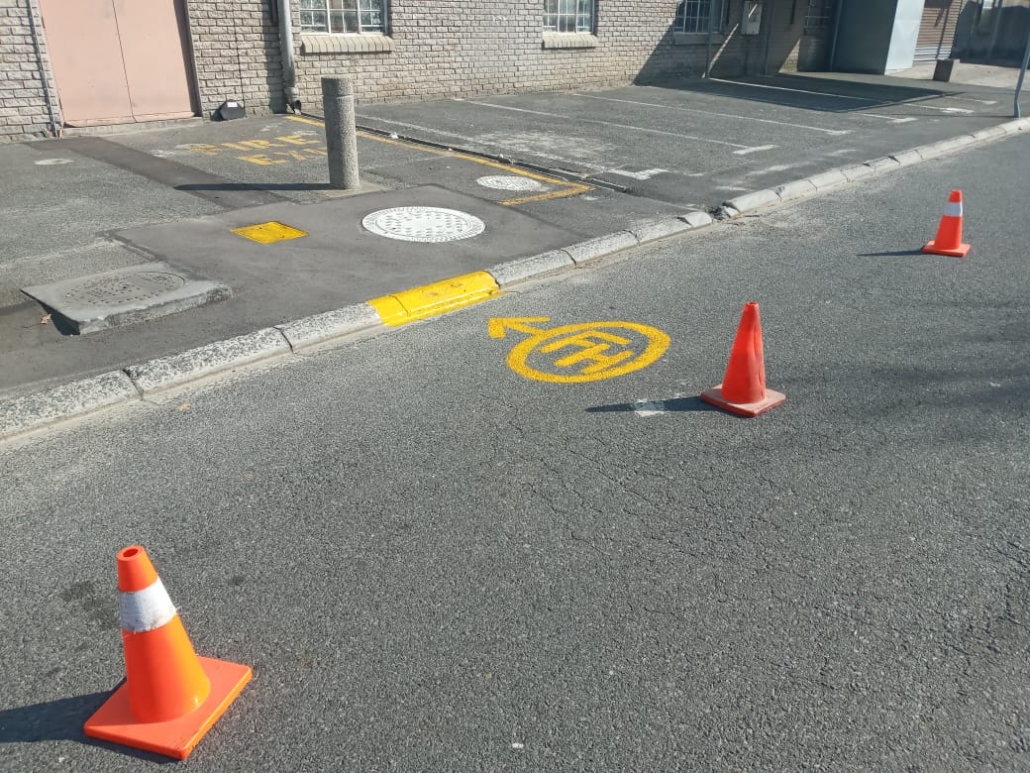
New CID By-law Policy
The new CID by-law policy came into effect from 1 July, which serves “To provide for the establishment of City Improvement Districts; to provide for additional rates; and to provide for matters incidental thereto.”
The City of Cape Town’s by-law and policy regarding the establishment and management of City Improvement Districts has gone through several iterations over the years since the concept of a CID was first tested in the year 2000.
The latest revisions of the by-law and policy comes as more than 50 CIDs are now in operation.
The by-law is available to download online here at openbylaws.org.za.
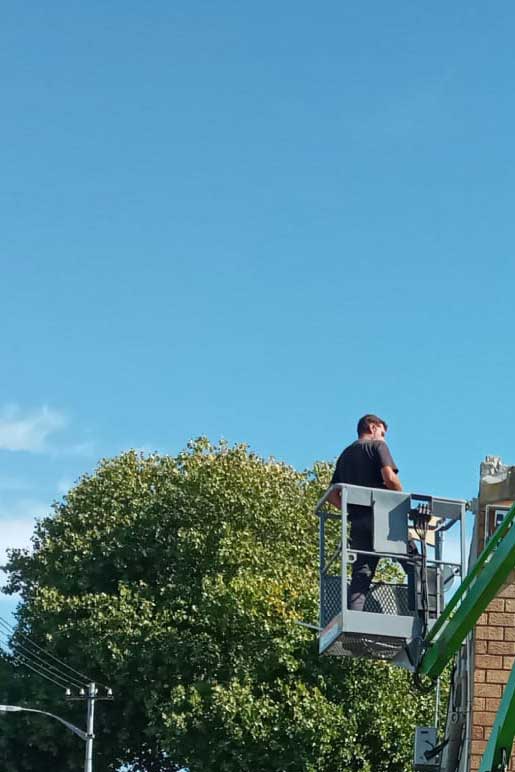
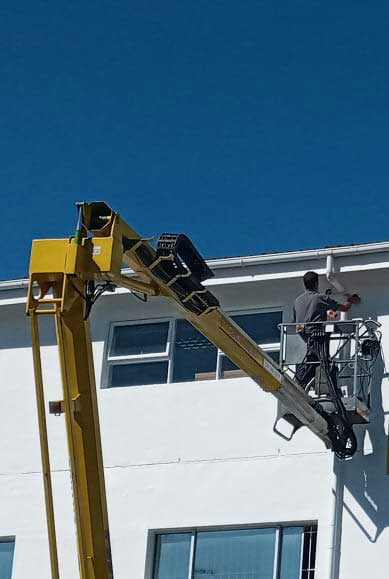
CCTV Network for PEICID
The PEICID has always operated as a relatively small City Improvement District (CID) with limited financial resources.
Our long-term safety officer and patrol network was always going to be limited, and so Geocentric, the management company for the CID, acknowledged the necessity for a deterrent against criminal activities like attempted cable theft and damage to public infrastructure in the form of a security camera network. In order to implement a CCTV network, the CID had to work very carefully to create a plan that could be accommodated by the budget.
Even though the CID was operationally active from 1 July 2022, the CID was only fully implemented four months later. The money collected from the property owners for those first four months was accumulated in order to create the capital fund with which the camera network was implemented.
More than 20 CCTV cameras have been implemented throughout several strategic locations both within and on the boundary of the CID. There are both pan-tilt zoom camera, which are monitored in the control room, as well as static CCTV cameras equipped with artificial intelligence for human detection.
These latter cameras have been placed specifically along the boundary area, which is vulnerable to criminal activity along the railway reserve and the road reserve to the south and to the east of the improvement district. Whenever these cameras detect human movement during late-night and early-morning hours, an alert is triggered. This alert is then shared with our public safety provider’s control room and their patrol vehicles, which actively participate in patrolling the area as part of their routine neighborhood patrols. In that way, this collaborative approach means that whoever is on patrol that night, receives the alert first and has resources readily available, is able to investigate the movement and ascertain if there is any criminal activity involved.
Using the combination of strategic planning of the budget over four months, along with the implementation of both types of cameras – the static being lower cost both financially and in human resources – we were able to implement the CCTV network fairly quickly and effectively and be able to protect the area long-term with this investment.
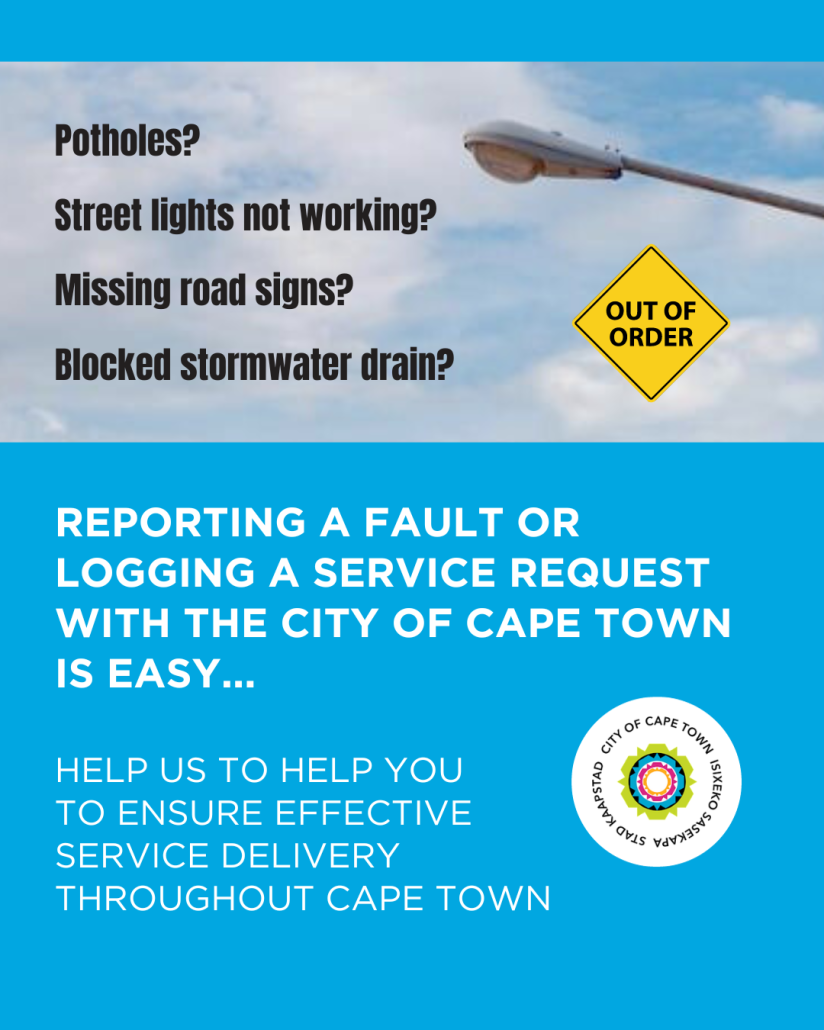
Logging a service request with the City
You too can assist with urban management and the growing number of faults and service requests that the City and our CID deal with on a daily basis. By reporting water and electricity faults and other maintenance requirements such as potholes, missing road signs or blocked stormwater drains, through the correct channels, we and the City are able to attend to these service requests and log their status in an effective way.
There are multiple channels through which you can do this – the easiest being the online portal at capetown.gov.za/servicerequests, which is also now available in the City of Cape Town mobile app.
View all the steps to log a service request on the flyers below.
